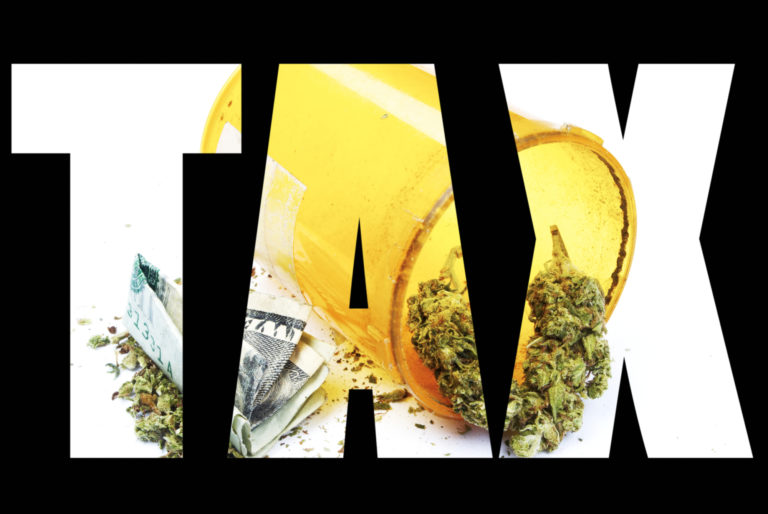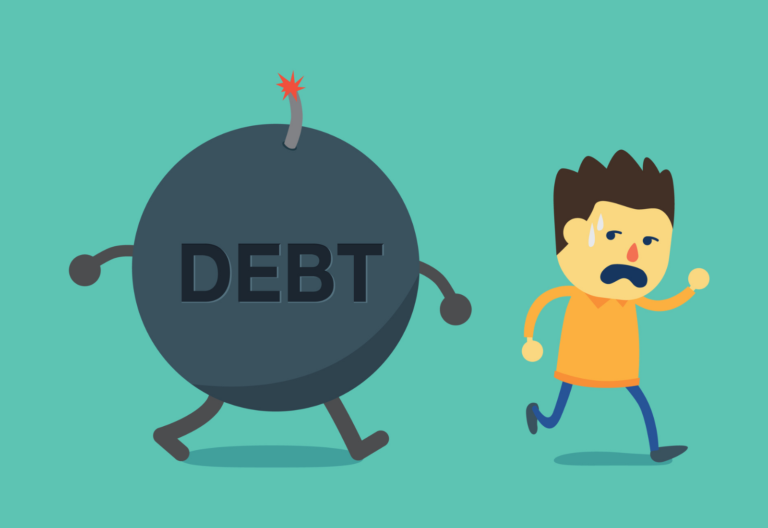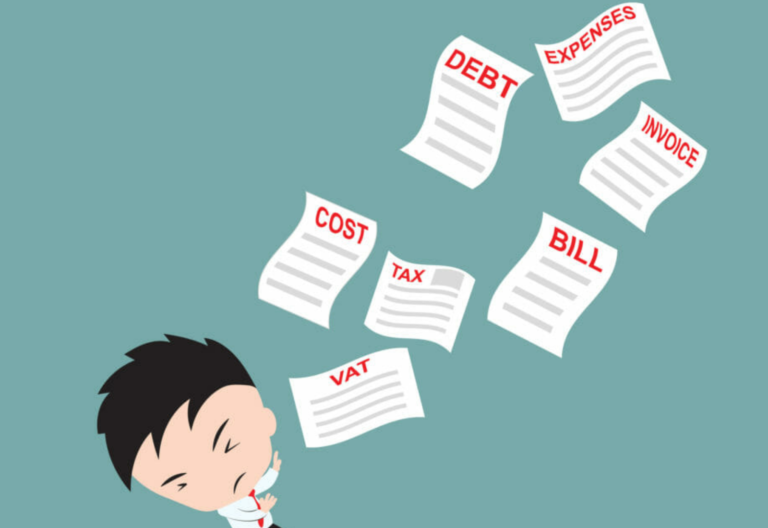
How to Dissolve a Cannabis Entity
The cannabis industry is in dire straits, perhaps even in a recession. Cannabis businesses cannot seek standard bankruptcy protections and are looking for creative ways to deal with the distressed market. As companies look to shake off unproductive assets, our cannabis group has fielded tons of inquiries about how to deal with depressions in the

















